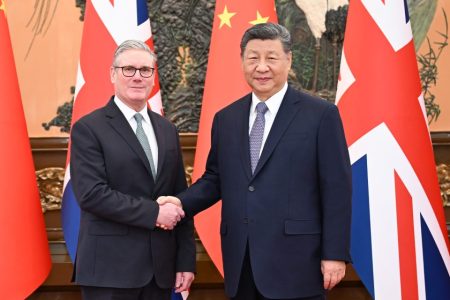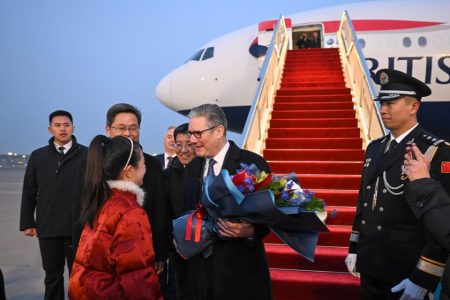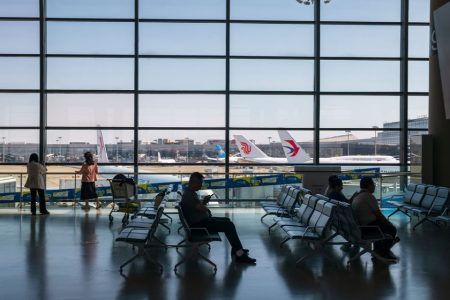The world has rejected the US’ recent tariff bombardment, according to Chinese foreign ministry spokesperson Guo Jiakun, who on Saturday posted a photo of the plummeting US stock market on social media. “The market has spoken,” Guo declared.
Global stock markets tumbled after US President Donald Trump’s so-called “Liberation Day” announcement last week. According to Bloomberg, China investors are braced for a bleak Monday as the country’s markets reopened after the long Ching Ming Festival weekend. However, seasoned observers say China will be the long-term beneficiary of US isolationism, while some analysts believe the investment outlook is positive.
Trump has imposed a universal baseline tariff on almost all US imports of 10 percent, along with what he called reciprocal tariffs of up to 50 percent on certain trade partners. The rate hikes were due to unfair trading practices that have disadvantaged the US, Trump claims.
China received a reciprocal tariff of 34 percent, making for a cumulative rate of 54 percent on most imports. Beijing quickly retaliated with a blanket levy of 34 percent on all US imports, and announced it would restrict exports of certain rare earth elements, among other measures.
[See more: The US’ opaque reciprocal tariffs heighten global uncertainty ahead]
“Now is the time for the US to stop doing the wrong things and resolve the differences with trading partners through equal-footed consultation,” Guo said.
On Friday, Trump declared he would “never” back down from the tariffs he imposed on Wednesday, though the president later implied on social media that he was open to negotiating a rate cut with Vietnam (which had received one of the highest reciprocal levies at 46 percent).
Meanwhile, Hong Kong’s financial secretary Paul Chan said Macao’s neighbouring SAR would not impose separate countermeasures on the US, saying that the city needed to remain “free and open.”
In a statement published by state media on Saturday, the Chinese government urged the US to “stop using tariffs as a weapon to suppress China’s economy and trade” and to “stop undermining the legitimate development rights of the Chinese people.”






